During the last Abundance Summit, Emad Mostaque, CEO of Stability AI, threw a wrench into the pond by saying that we would have “no more humans coding in 5 years”. This bold statement makes us think: is this the end of human programming as we know it?
It is undeniable that artificial intelligence (AI) has made astounding advances.
Three notable data points demonstrate this evolution:
- OpenAI's ChatGPT , in early 2023, passed Google's exam for senior software developers, marking a turning point in the recognition of AI as a potential substitute for human skills.
- GitHub revealed that 46% of code across all languages was generated using Copilot, its AI-powered development tool.
- DeepMind's AlphaCode , in its first tests, outperformed human programming skills by beating 45% of expert programmers in a competition.
These developments, occurring shortly after the launch of ChatGPT, lead us to question the future of coding and the role of human programmers. Is AI poised to completely eliminate the need for human programmers, or will it instead turn all of us into coders?
In this context of uncertainty, a more optimistic and abundant vision of the future is emerging. A future where coding, far from being an elitist skill, becomes accessible to all, enabling more people to solve meaningful problems and contribute positively to society.
AI is democratizing coding
The advent of generative AI technologies promises to radically transform our approach to coding. As NVIDIA CEO Jensen Huang pointed out, AI opens up computer programming to anyone who can describe the task at hand in natural language. Thus, doctors, lawyers and even children could start coding, crossing the barriers traditionally associated with this discipline.
“No-code” and “low-code” platforms perfectly illustrate this ongoing revolution. They offer uninitiated people the ability to create applications without extensive coding knowledge, putting the power of programming within everyone's reach.
Do you still need to learn to code?
Faced with this development, should we consider learning to code obsolete? Not necessarily. Programming goes beyond just writing code; it embodies a form of computational thinking that sharpens our ability to analyze and solve complex problems. It’s a skill that, far from losing its value, will become even more crucial in the age of AI.
The best coders: human-AI hybrids
The combination of humans and AI in the field of coding only amplifies our capabilities. Tools like GitHub's Replit and Copilot are already showing how AI can increase developer efficiency and productivity, automating repetitive tasks and facilitating learning.
This synergy between human and artificial intelligence marks the beginning of an era where programming skills, enriched by AI, become a superpower accessible to all.
Why does this matter?
By democratizing coding and increasing the capabilities of programmers thanks to AI, we are fully shaping our future. This development is not just a technological advance; it represents an unprecedented opportunity to solve humanity's great challenges.
At the upcoming 2024 Abundance Summit, AI leaders such as Nat Friedman, Mustafa Suleyman, Emad Mustaque, Eric Schmidt and Ray Kurzweil will address this burning issue. They will explore how AI and human-AI collaboration will transform not only the field of coding but also other industries ripe for disruption, such as healthcare.
We are at the dawn of a revolution where coding will no longer be the prerogative of a technical elite, but a universal skill, opening unlimited horizons for innovation and creativity.



Share: